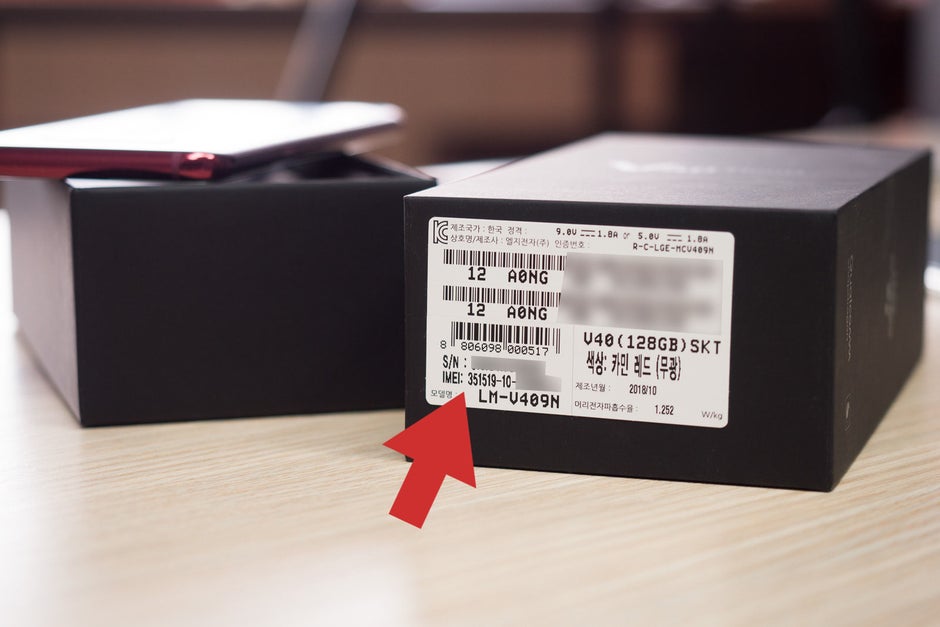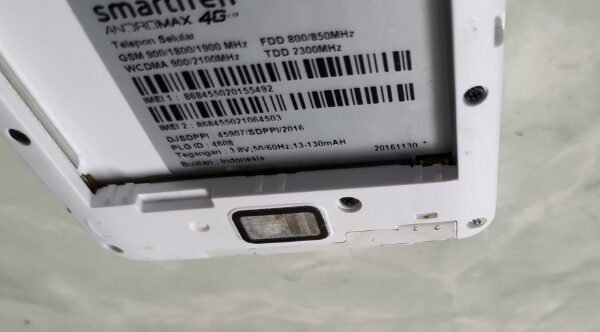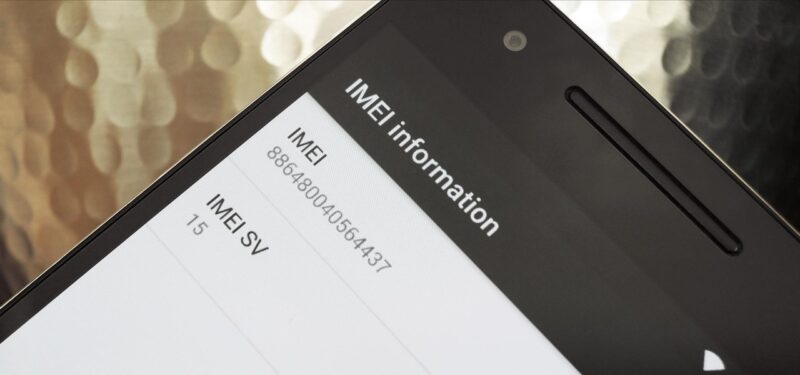IMEI numbers play a critical role in the world of mobile devices, but there are many myths and misconceptions surrounding their use in phone tracking. Understanding the truth behind IMEI numbers and their link to tracking can help individuals protect their privacy and security.
From how IMEI numbers are assigned to the limitations of tracking capabilities, it’s important to distinguish fact from fiction when it comes to this essential piece of mobile technology. Let’s delve into the myths and facts surrounding IMEI numbers and phone tracking to shed light on this complex topic.
Debunking Common Myths About Phone Tracking

Debunking Common Myths About Phone Tracking There are many misconceptions surrounding phone tracking, with one of the most common myths being that every phone has a unique IMEI number that can be used to track its location at all times. While it is true that every mobile device is assigned a unique IMEI number, this does not mean that your phone can be tracked constantly.
In reality, phone tracking requires specific software or apps to be installed on the device, and even then, the accuracy of the location data can vary depending on factors such as signal strength and GPS availability. Another common myth is that phone tracking is only used by law enforcement or government agencies for surveillance purposes.
In truth, phone tracking can also be used by individuals to locate a lost or stolen device, or by companies to monitor employee usage of company-issued phones. It is important to separate fact from fiction when it comes to phone tracking and understand the limitations and possibilities of this technology.
The Truth About IMEI Numbers and Their Role in Phone Tracking

Have you ever wondered what role IMEI numbers play in phone tracking? While many people may not be aware of what exactly an IMEI number is, it is actually a crucial component in tracking lost or stolen phones. The International Mobile Equipment Identity (IMEI) number is a unique identifier assigned to every mobile device, kind of like a fingerprint for your phone.
This number is used by mobile networks to identify valid devices and can also be used by law enforcement agencies to track stolen phones. So, the truth about IMEI numbers is that they are an essential tool in the world of phone tracking, helping to locate devices and protect against theft.
How to Use IMEI Numbers for Tracking Lost or Stolen Phones

To track a lost or stolen phone using its IMEI number, you can start by contacting your mobile service provider and providing them with the IMEI number. They can then blacklist the device, making it unusable on their network.
You can also report the theft to the police and provide them with the IMEI number, which may help in locating the phone. Another option is to use online tracking tools that allow you to input the IMEI number to track the device’s location.
It’s important to note that sharing your IMEI number with unauthorized websites or individuals can compromise your privacy and security, so be cautious when using this method. By taking these steps, you may increase the chances of recovering your lost or stolen phone.
Conclusion
In conclusion, it is evident that IMEI numbers play a crucial role in identifying and tracking mobile devices. Despite the myths surrounding IMEI tracking, it is a legitimate and effective method used by authorities to locate stolen phones and combat illegal activities.
By understanding the facts about IMEI numbers and the importance of conducting an IMEI check, individuals can better protect their personal information and prevent unauthorized access to their devices. It is imperative for smartphone users to stay informed about IMEI tracking to ensure the safety and security of their mobile devices in an increasingly digital world.


